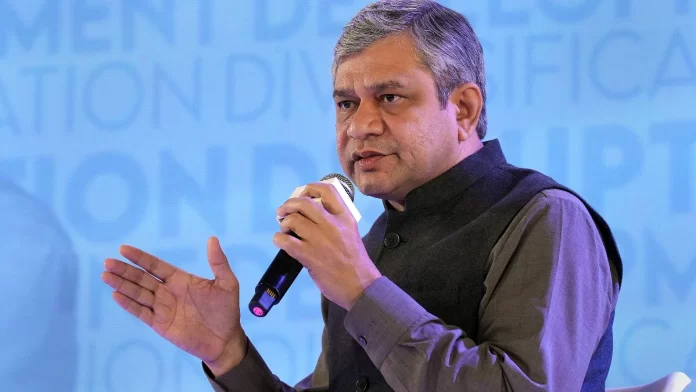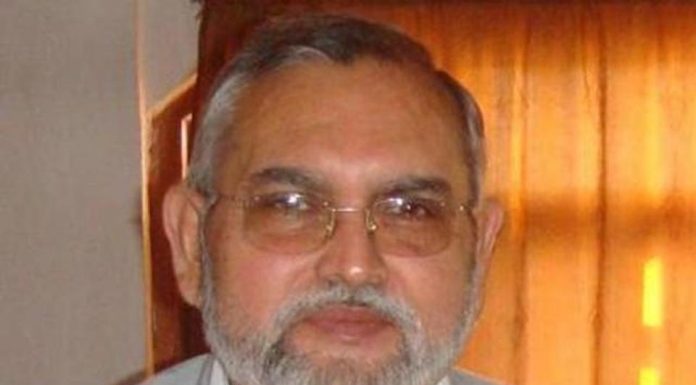IT Ministry is retained by Ashwini Vaishnaw: In addition to being handed extra authority over the Ministry of Information and Broadcasting, Ashwini Vaishnaw has kept the ministries of Electronics, IT, and Railways. Former Aviation Minister Jyotiraditya Scindia has been given the Ministry of Communications, which was under Vaishnaw in the previous government. Additionally, Scindia has been named as the North Eastern Region’s Minister of Development.
The outgoing Minister of State for Electronics and IT, Rajeev Chandrasekhar, has been replaced by BJP member Jitin Prasada. Devusinh Chauhan of the BJP has been replaced as the Minister of State for Communications by Chandra Sekhar Pemmasani, the Telugu Desam Party (TDP) MP from Guntur. In the Ministry of Rural Development, he was also named Minister of State.
Over the past ten years, the government of Narendra Modi’s NDA has placed a great deal of emphasis on creating digital public infrastructure, such as the Unified Payments Interface (UPI). Reliance Jio’s entry into the telecom market has caused a significant disruption in terms of pricing, drastically lowering data costs and increasing Internet accessibility for millions of Indians.
In 2021, Vaishnaw was first named as the minister of telecom and information technology. Vaishnaw has quickly become one of the Union Cabinet’s most significant ministers and accomplished significant regulatory and infrastructure achievements. In the previous administration, Scindia held the position of Union Minister of Civil Aviation. In 2021, he was assigned to the cabinet position. For a considerable amount of time, Scindia was regarded as a close buddy of Rahul Gandhi within the Congress.
What Ministries of Telecom and IT have on the table
IT
Prior to the 2024 elections, the IT Ministry worked on a few important projects that are still on hold as work restarts there. The most important of these is to start the public consultation process for the Digital India Bill, which would replace the Information digital Act of 2000 and usher in a new age of legislative response to the rapidly evolving digital landscape.
Apart from authorizing new projects, additional monies for the India Semiconductor Mission will also need to be allotted. This would also need operationalizing the Rs 10,000 crore India AI Mission. The government will provide funding under the program, among other things, to support private businesses wishing to establish AI computing facilities in the nation.
Due to a delay in approving subordinate legislation, the Digital Personal Data Protection Act, 2023, which was passed by Parliament last year, has not yet been put into effect. It is necessary to operationalize at least 25 rules.
Telecom
The incoming government would need to place a high priority on turning around the government-owned telecom corporation, Bharat Sanchar Nigam Limited (BSNL). A revitalization package worth Rs 89,047 crore ($10.79 billion) for the state-run telecom operator was agreed by the Union Cabinet last year. The network has not yet provided 4G and 5G services nationwide, making it a significant behind in comparison to its peers in the private sector.
With the Development of North East Region Ministry and Scindia directing telecom, there may be a renewed push in the northeastern region for connectivity.
There have been several setbacks in the development of the government’s massive BharatNet project, which is one of the largest rural telecom initiatives globally and intends to provide broadband internet connectivity to every rural area. Given that it was first stated by the UPA government more than ten years ago, this would also be on the list of priorities for the incoming administration.
The Telecommunications Act, 2023 was also enacted by the Parliament prior to the elections, but it hasn’t yet gone into effect. The incoming administration will also need to approve supporting legislation in order to operationalize the new law.





























